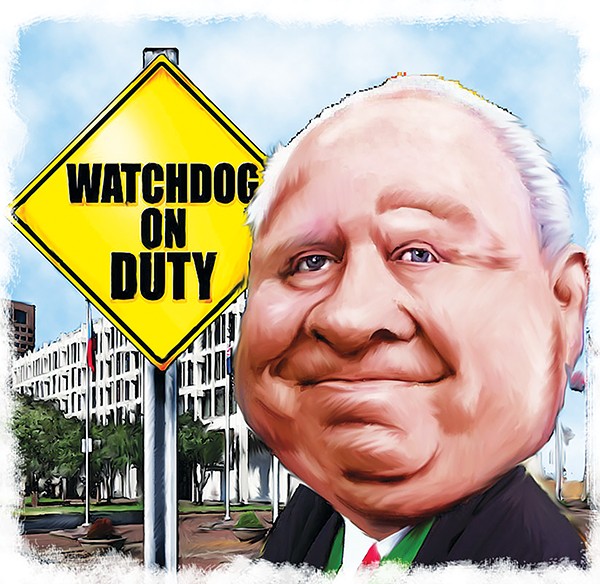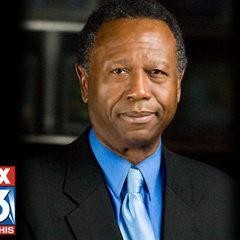 Greg Cravens
Greg Cravens
On Frank Murtaugh’s Tiger Blue post “The Tigers’ Five Biggest Wins at the Liberty Bowl” …
That 1996 W over the Vols is without a doubt the most incredible, satisfying game I’ve ever attended. Memories of that day will keep me warm and fuzzy the rest of my life. After the game, the 18,000 UT fans left in total silence without saying a word. You talk about surreal. …
Midtown Mark
Memphis hasn’t had a kickoff return for a touchdown since the Tennessee game in 1996. I’ve read multiple sources online indicating that could be the longest such drought for any DI football program ever, or at least going back to DI’s creation as we know it in 1950.
AlonsoWDC
On Toby Sells’ post “Sammons: Lipscomb Allegations ‘Sickening,’ City to Offer Free Counseling” …
So Sammons is convicting on words only? I smell a rat here, and you all are falling for it. Shame on you all!
Earnestine Taylor
That was a pretty strong statement by Jack, wasn’t it? Apparently, what he heard he believes sounds a bit odd … but he knows more than I.
Scott
On the editorial “The Lipscomb Bombshell” …
For the second time in two days (the other being Jackson Baker’s blog on the matter yesterday) the Flyer, which is held out a progressive voice in this community, has felt the need to mention Mr. Lipscomb’s sexual orientation as though it has anything to do with the crimes he is accused of. Would the Flyer have noted his orientation if Lipscomb had been accused of abusing under age girls? How exactly has he “benefited” from people not caring if he is gay? Are you implying that people should have suspected something like this was going on because he is gay? It sure seems like it. I am in no way supporting Mr. Lipscomb, but I expect better from the Flyer.
Evil
On Les Smith’s “A View from Afar” …
I have found Les Smith’s column both enlightening and refreshing. That is why when I read his last column “A View From Afar,” I felt compelled to clarify a point made regarding the Memphis Shelby Crime Commission statistics. The Crime Commission uses the year 2006 as a basis of our reporting for a strategic reason. In 2005 our community came together to create a plan of action to reduce crime. The plan, Operation: Safe Community (OSC), is a strategic initiative to reduce crime in Memphis and Shelby County, spearheaded by the Memphis Shelby Crime Commission. The underlying philosophy of this plan was best stated by John F. Kennedy in his inaugural address: “United, there is little we cannot do in a host of cooperative ventures. Divided, there is little we can do — for we dare not meet a powerful challenge at odds and split asunder.”
The crime-reduction initiative, chaired by Attorney General Amy Weirich now has 26 strategies, 45 accountable partners, and more than 100 public and private agencies engaged in its implementation. The goal is to make Memphis-Shelby County one of the safest communities of its size in the nation — a truly powerful challenge.
Yes, we have a long way to go, but we are making progress and holding ourselves accountable, as Mr. Smith recommended in his article. Each month, we compare where we are in the crime rate now to where we were when we started on this endeavor. So far, the news in good but not great. As of the last reporting period, violent crime rate is down 19 percent, and property crime is down 35 percent.
But as Mr. Smith stated, those statistics are of little comfort to a victim of crime, so let me put those statistics in real terms. There were over 1,600 fewer victims of violent crime in the first seven months of 2015 than there were in the first seven months of the year our plan began, 2006, including 24 fewer murder victims. President Kennedy’s words are as true today as they were in 1960, and we’re out to prove it.
Rick Masson
Interim Executive Director
Memphis Shelby Crime Commission


 Greg Cravens
Greg Cravens 

 Greg Cravens
Greg Cravens  Greg Cravens
Greg Cravens 